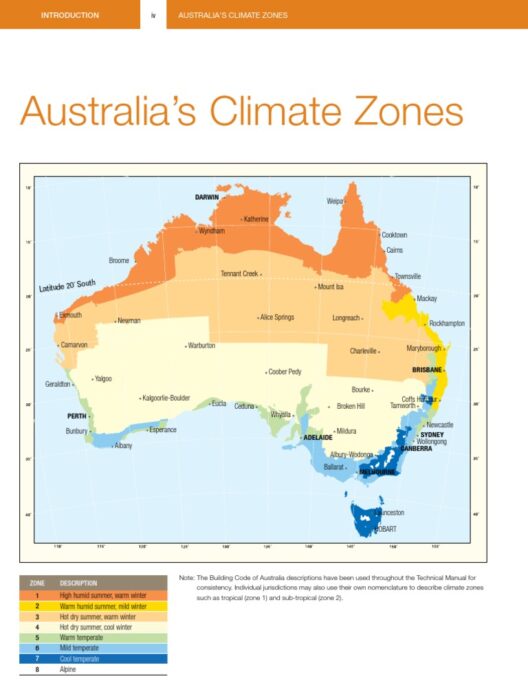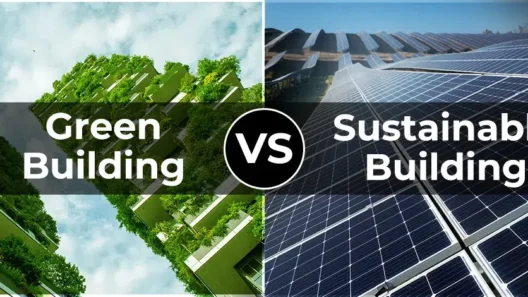The concept of energy conservation is foundational to the laws of physics, particularly the law of conservation of energy, which asserts that energy cannot be created or destroyed; it can only be transformed from one form to another. This principle holds true for closed systems, where no energy enters or exits the system. However, the idea of energy conservation in open systems—the environments where energy and matter can enter and exit—presents intriguing considerations. Can the conservation of energy be broken in such contexts? This essay will explore this question through scientific principles, examples, and philosophical considerations.
Firstly, it is essential to define what constitutes an open system. An open system exchanges both energy and matter with its surroundings. Classic examples include ecosystems, the Earth’s atmosphere, and various engineering systems, such as vehicles and power plants. The interaction with external environments invariably introduces complexities; however, this does not imply that the law of conservation of energy is violated. Rather, energy transitions into and out of the system are what need to be meticulously analyzed.
When we observe an open system, we often note an apparent influx or depletion of energy. For instance, consider a car engine. It consumes fuel (matter) and transforms it into kinetic energy and thermal energy, all while releasing exhaust gases into the atmosphere. Here, the energy conservation principle is not breached but accomplished through transformation and transfer. The engine converts chemical energy in fuel to mechanical work, while the waste heat is expelled into the environment. The energy conversion processes in this scenario exemplify how energy’s constancy remains intact, despite the dynamism observed.
In a broader perspective, ecosystems exemplify the intricate complexities surrounding the conservation of energy in open systems. Energy flows through an ecosystem in a continuum from sunlight to primary producers (plants), which convert solar energy into chemical energy via photosynthesis. This energy is then transmitted up the food web as herbivores consume plants and carnivores feed on herbivores. Each of these processes adheres to the conservation principle, yet the open nature of ecosystems means that energy is perpetually entering and exiting the system. The sunlight that fuels photosynthesis continually replenishes energy stores, providing a fascinating peek into the interdependence of elements within the system.
It is worth noting that the inefficiencies observed within open systems also emphasize the inescapability of the conservation principle. For instance, the second law of thermodynamics states that natural processes tend to move toward a state of increased entropy, meaning that while energy is conserved, it becomes less usable over time. In practical terms, when energy is converted, some is always lost as waste heat. Attempts to optimize energy use, such as improving fuel efficiency in cars or enhancing energy capture in solar panels, highlight the delicate balance of maximizing usable energy while ensuring that the total energy remains conserved.
Moreover, the idea of energy conservation brings forth significant implications regarding renewable energy and sustainability. In an age where climate change looms large, the imperative to efficiently harness and utilize energy is pressing. Technologies aimed at capturing energy, whether through solar panels, wind turbines, or hydroelectric systems, operate under the fundamental law of energy conservation. Even these renewable systems, which often appear as miraculous solutions to energy challenges, rely on the same principles of energy conversion and transfer found in traditional energy systems. The movement towards sustainability fundamentally recognizes the constraints imposed by energy conservation, guiding innovation in ways to make energy use more effective, rather than attempting to break the conservation principle itself.
In addition to scientific and environmental considerations, philosophical discussions about energy conservation invoke larger existential inquiries. The idea that energy is always conserved reinforces the notion that nothing is truly lost in the universe; it can merely change forms or be transferred. This perspective cultivates a sense of interconnectedness among entities—be they living beings or inanimate objects—underscoring a holistic view of the universe where energy acts as a common denominator. Interrogating the ramifications of these connections, one is drawn to appreciate the intricate web of interactions that both sustains and challenges the balance of energy within open systems.
Nonetheless, the question “Can the conservation of energy be broken in an open system?” beckons a more nuanced reading. While individual energy transformations may appear to be chaotic or inefficient, the overarching law remains steadfast. The marvel lies not in the circumvention of this law, but rather in the complexity of interactions that arise in open systems. Every transformation is a dance of energy, moving seamlessly between forms, guided by the immovable laws of physics.
Furthermore, understanding energy in open systems promotes a sense of responsibility towards environmental stewardship. Embracing the conservation principle encourages awareness of our energy footprints, illuminating the need for mindful practices in resource consumption. The recognition that energy flows interact dynamically with both human activity and ecological processes fosters a deeper comprehension of sustainability and conservation as ethical imperatives.
In summation, energy conservation remains a steadfast law in both closed and open systems. While open systems may present complex interactions and diverse energy flows, they do not allow for the violation of this fundamental rule. Rather, they demonstrate a rich tapestry of energy transformation. Reflecting on this principle gives rise to innovative approaches toward sustainability and energy management, fostering not only scientific inquiry, but also ethical considerations that resonate with ecological and philosophical truths. Through this understanding, the quest for more sustainable energy practices becomes not merely a challenge, but a shared journey underscored by the immutable nature of energy itself.




